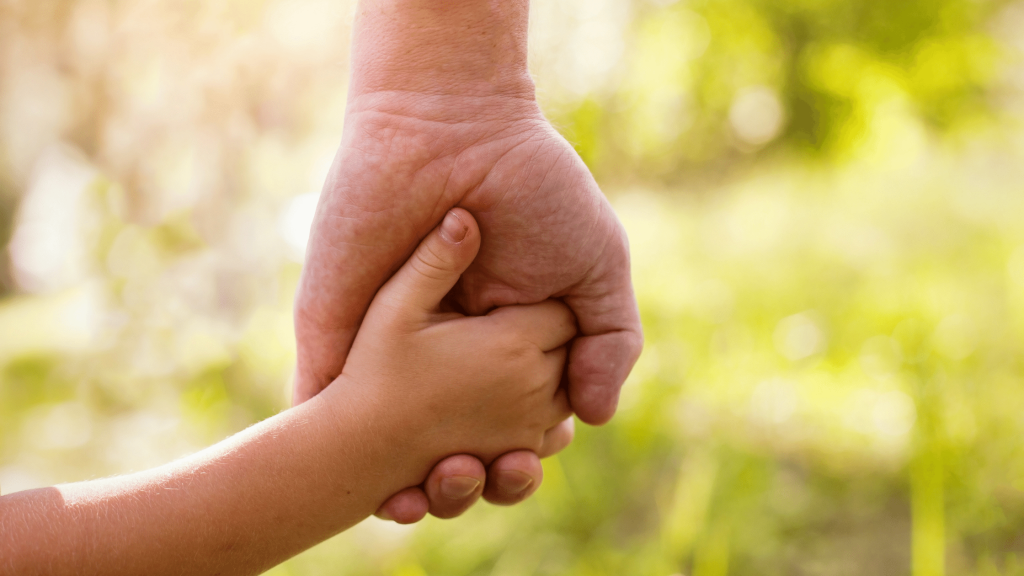Children who cannot live with their birth parents/family, for whatever reason, need the security, and love of a new family. Adopting a child is not always an easy decision but can be an important one. It guarantees enrichment in the lives of the adoptive parents and the child.
Every year, thousands of children are adopted by families, on the flip side, thousands more enter the system. The process of adoption is not always easy, but it is not a total mind-field as people often think.
Here are some of the most asked questions about adoption
How to adopt a child
In simple terms, here is the standard process:
1. You must meet the criteria for adoption
2. You then contact adoption agencies
3. You complete the application form and undergo background checks
4. You undergo assessment and training
5. You get matched with your child
6. Finally, the moving in stage when the child joins your family
Who can apply to adopt in Northern Ireland?
Criteria in Northern Ireland surrounding eligibility to apply to adopt is provided in Article 14 of The Adoption (Northern Ireland) Order 1987 was impacted by recent High Court and Court of Appeal Judgments.
All courts have made it clear that no one has “a right to adopt”. The ultimate decision about any adoption will be that of the court. The court will be governed by what is in the best interests of the child, after rigorous assessment of the prospective adopters.
How old do you have to be to adopt?
Children under 18 that cannot return to their birth parents can be adopted. You must be over 21 to adopt in the UK, and there is no upper age limit. You must, however, be physically able to look after a child.
How much money is involved when adopting a child in the UK?
If you are adopting a child in the UK, an agency cannot charge you a fee for arranging the adoption, nor will you pay the government.
However, the process can incur other costs – for example, you might have to pay for legal fees or police checks.
There is also a range of financial support is available to the adopters.
This includes – but is not limited to – the following:
- Adoption pay and leave – Adoption pay and leave entitlements for adoptive parents are similar to the pay and leave rights available to birth parents. That means people are entitled to leave of up to 52 weeks and adoption pay.
- Adoption Allowance – An allowance may be available, especially if you are adopting a child who may not otherwise be adopted, due to the extra costs associated with looking after them.
The amount you are entitled to is means-tested, decided, and paid by your local authority.
- ‘Settling-in grant’ for adopters – You may be able to apply for one-off payments to help cover the costs of purchases for your child, such as a bed or car seats. This is discretionary and you should speak to your social worker if you’d like to apply for the grant.
- Adoption Support Fund (ASF) – This fund helps pay for services and training for adoptive parents who need it. To access the fund, your local authority will need to assess the support you may require.
In addition to the above, depending on your circumstances, you may be entitled to child benefit and tax credits, carer’s allowance or a disability living allowance for children.
What type of child is available for adoption?
The children who need a new family varies in different age categories, although older children rather than babies constitute the main group of children needing new families.
The children tend to have more complex needs. A majority many have traumatic histories of neglect or abuse both sexually and physically; some have complex physical or learning difficulties and some may have mental health issues.
Is there any adoption legislation in Northern Ireland?
Yes. At present, the principal piece of legislation governing adoption is The Adoption (Northern Ireland) order 1987.
Related blog: A guide to child to child support and custody options

